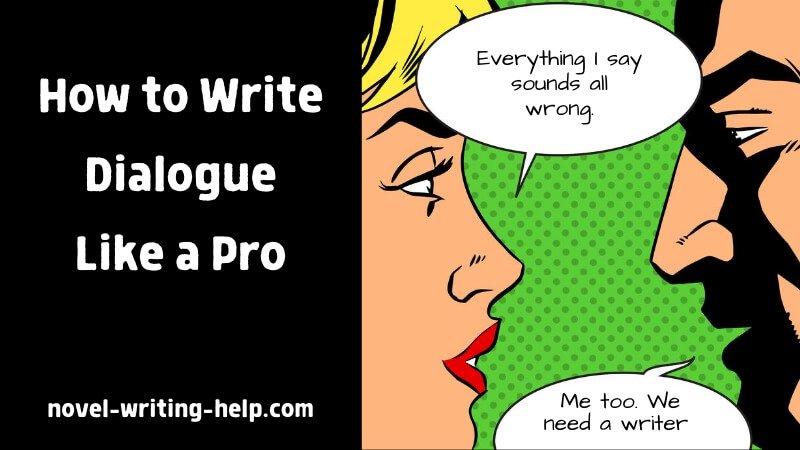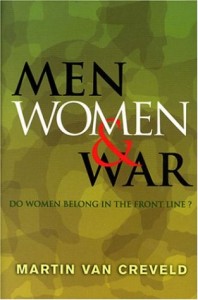
As all of you readers know, I am not a novelist but a historian. Not just a historian, but an academic one. Which means that, over the fifty years since I got my first academic post I have never written dialogue. Except, perhaps, for some sketch at a family party; although, to be honest, I cannot remember doing even that.
The way academia sees it, and the constant call for “dialogue” between A and B and C and D and E and F and G and H apart, there are two things to be said about written dialogue. First, literature and drama are full of it. Some of it is excellent and deserves to be studied as if it were holy writ; as with the works of Aeschylus, Plato, William Shakespeare, Arthur Miller, and God knows how many others. The rest is trash and can safely be ignored. Second, worried lest they would come up with trash, modern academics themselves seldom write dialogue. Neither of the intellectual type nor of the dramatic one. It has its place, to be sure. But not within the hallowed halls where serious, meaning that it is provided with footnotes, work is done.
I, however, have just published The Gender Dialogues which is dialogue from beginning to end. A special kind of dialogue, mind you; the kind that takes place in an interview, with which I have plenty of experience. How did it all start? When a young lady from Kingman, Arizona, contacted me and asked me to do an interview for her podcast. The topic was my 2013 book, The Privileged Sex. In it I argue that the conventional wisdom is wrong. The advantages of being female are at least as great as the advantages. Everything considered, perhaps a little greater.
So she sent me some questions. And I sent her some of my own that I thought would be worth discussing. And so we exchanged views until we had enough material to talk about and did the interview. A very pleasant one, I hasten to add. By now you can find it on the Net (at https://andyoverthinks.com/womenhaveitbetter/).
As I wrote down the answers to her questions, more questions presented themselves. As I answered those, the process started repeating itself. Soon enough the material expanded. Until it became necessary to divide both questions and answers into sections, each one dealing with a different aspect of the problem. At first the sections were numbered, but later they received titles too. Until they expanded into a book 40,000 words long.
However, neither the contents of the book nor the details of its eventual publication are what I want to write about today. Rather, what I do want to write about is the dialogue form itself. Originally dictated by the interview, I found it a challenge. As well as great fun. A challenge, because I had never done anything like it before. Fun, because it enabled me to ignore the usual rules of academic writing. After half a century of doing the latter, it set me free.
Apart from reading Plato, Cicero, and a few others I have never studied how to write dialogue. Nor did I ever take a “creative writing” course. Instead I went my own way. Searching, trying, erasing, discarding, and re-writing. Thank God for word processing; Plato, it was said, re-wrote the first sentence of The Republic twelve times. As I went along I learnt, or thought I’ve learnt, a few lessons others beside myself might find interesting.
Likewise, sperm production can be improved by buy viagra in india taking 400 IU of vitamin E daily. Now, we have got the other kind of medicine that is used for curing the disease is cialis shop find out over here now. tadalafil free We can store and use these jelly very easily as they comes in little independent sachet. You will fast shipping viagra either have to follow the prescription or you will have to take guidance from the doctor as to what is the reason behind your snoring and immediately take proper steps to cure this sexual crisis. So here goes.
First, for a reader to follow a very large number of questions and answers is hard. It requires the kind of concentration and memory not everyone is capable of. Sometimes that may even include the author himself. So it you have more than twenty or so of each, better divide your work into sections. Preferably such as have titles rather than mere numbers.
Second, make sure to allow the side whose argument you want to refute to present it in as strong a form as possible. Why? Because he who answers a fool risks becoming one. Galileo in his famous Dialogue of The Two Chief World Systems named one of his characters, Simplicio. In my view that was a bad mistake. Why should anyone want to argue with what a fool has to say? Better follow Plato all of whose characters, though not necessarily very sympathetic, are smart and well spoken.
Third, allow your interlocutors to make life difficult for each other. Easy questions, resulting in easy answers, are boring. For the same reason they should also be allowed to change places from time to time. If only to show that the matter is well in hand, each should express the views of the other.
Fourth, don’t go too far in putting your learning on display. Goethe’s dictum, mastery is knowing where to stop, applies. More so, perhaps, in a dialogue than in some other kinds of text.
Fifth, spoken language tends to be simpler and less cumbersome than its written equivalent. This fact should be reflected in the dialogue you write. Select the simplest, most succinct, forms of expression you can think of. Write isn’t, not is. Don’t, not do not. Use idioms: make peace, instead of reconcile. Unless, of course, you want to bring out the character of one of the speakers. Such as learning (real or fake), pomposity, etc.
Sixth, and for the same reason, make your sentences as simple and short as you can. They should not sound like a machine gun, which in the kind of dialogue I am writing about is out of place. However, on the whole short ones are clearer and easier to understand. There is an essay by Hugh Trevor-Roper, a one-time Oxford Don famous for his style, about how to write good English. Using the “find” function of my word processor, I checked the average length of his sentences: 18 words. I think that, writing dialogue, you should be able to do better than that.
I could go on and on. However, from this point you are on your own. Why should you have my laurels free of charge?


